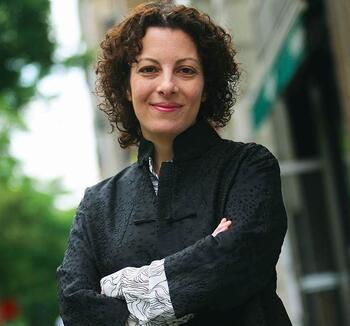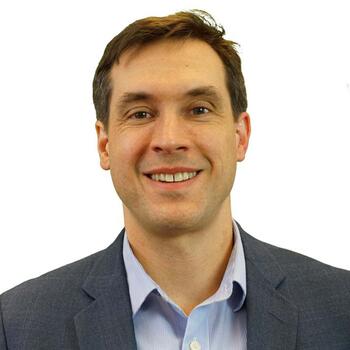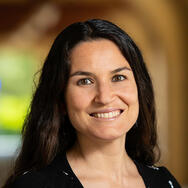Research in Progress with Joshua Salomon: After Omicron? Evaluating COVID-19 Outbreak Vulnerability and Early Surge Signals
Joshua Salomon, PhD, is a Professor of Health Policy and a Senior Fellow at the Freeman Spogli Institute for International Studies. His research focuses on public health policy and priority-setting, including modeling patterns and trends in major causes of global mortality and disease burden; evaluation of health interventions and policies; and measurement and valuation of health outcomes. He is director of the Prevention Policy Modeling Lab, a multi-institution research consortium that conducts health and economic modeling relating to infectious disease. During the COVID-19 pandemic, Dr. Salomon has worked extensively with policymakers on data synthesis, modeling and decision analysis to inform the public health response.
Joshua Salomon
Joshua Salomon is a Professor of Health Policy in the Department of Health Policy at Stanford School of Medicine, Senior Fellow in the Freeman Spogli Institute for International Studies, and founding Director of the Prevention Policy Modeling Lab. Trained in health policy and decision science, Dr. Salomon leads multidisciplinary research teams dedicated to producing rigorous, actionable evidence to improve the public’s health and reduce health disparities. His work — supported by the National Institutes of Health, Centers for Disease Control and Prevention, and the Bill & Melinda Gates Foundation — combines data synthesis and mathematical modeling to measure and forecast health outcomes and evaluate public health programs and strategies, with particular emphasis on infectious diseases. He has spearheaded methodological innovation in measurement and valuation of health, infectious disease modeling and forecasting, and cost-effectiveness analysis. His applied modeling work on HIV/AIDS, tuberculosis, viral hepatitis, COVID-19 and other major health challenges informs local, state, national and international policies to improve health and wellbeing, particularly among under-served populations in the United States and around the world.
Dr. Salomon established the multi-institution Prevention Policy Modeling Lab in 2014 to conduct health and economic modeling that guides reasoned public health decision-making relating to infectious disease. He has co-authored more than three hundred original peer-reviewed research articles and mentored dozens of graduate and post-graduate trainees in health policy, medicine and public health. Prior to joining the Stanford Faculty, Dr. Salomon served as a policy analyst in the Department of Evidence and Information for Policy at the World Health Organization in Geneva, and as Professor of Global Health at Harvard T.H. Chan School of Public Health. As Associate Chair for Academic Affairs and Strategy in the Department of Health Policy at Stanford, he works on faculty recruitment and development, and leads strategic initiatives to promote interdisciplinary collaborative research, practice partnerships and policy translation.
Collaboration
In this recent Stanford Report article, Salomon talks about how he helped gather faculty, trainees, and other researchers from Stanford and elsewhere to lend expertise in infectious disease modeling and data analytics in hopes of informing the public health response to the COVID-19 pandemic locally and nationwide. This quickly-assembled unit used county data to build models that were updated in real-time and shared with county epidemiologists to track the impact of the epidemic, underlying transmission trends, and potential effectiveness of public health measures.
The unit also advised county epidemiologists on developing their own models for planning and envisioning different scenarios. “In the early weeks especially, we were learning more about the virus every day,” Salomon explained, “but we hadn’t yet seen the first peak of what would eventually turn into multiple waves, so there was a lot of uncertainty about when that peak might arrive, how high it could be, and what would happen next.”












